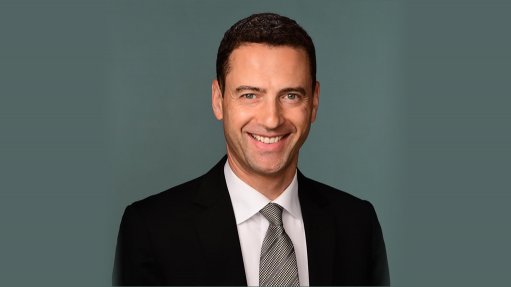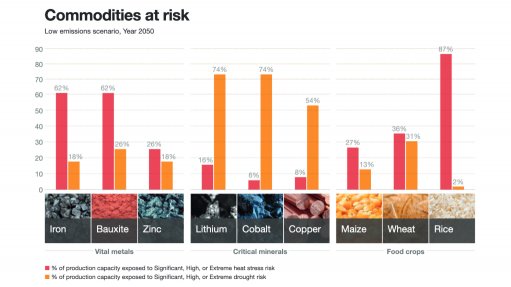Oil-water separators can aid regulatory compliance

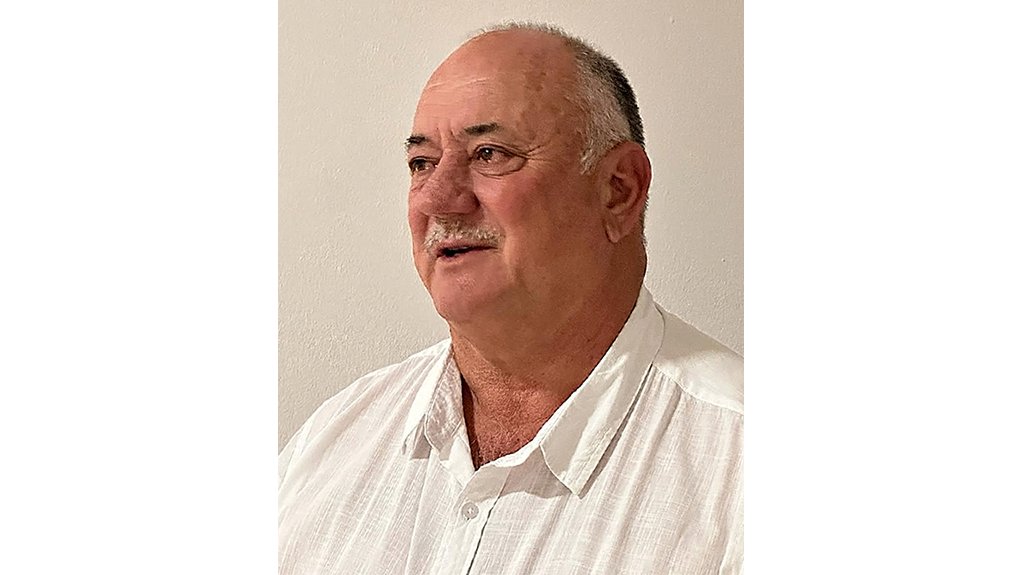
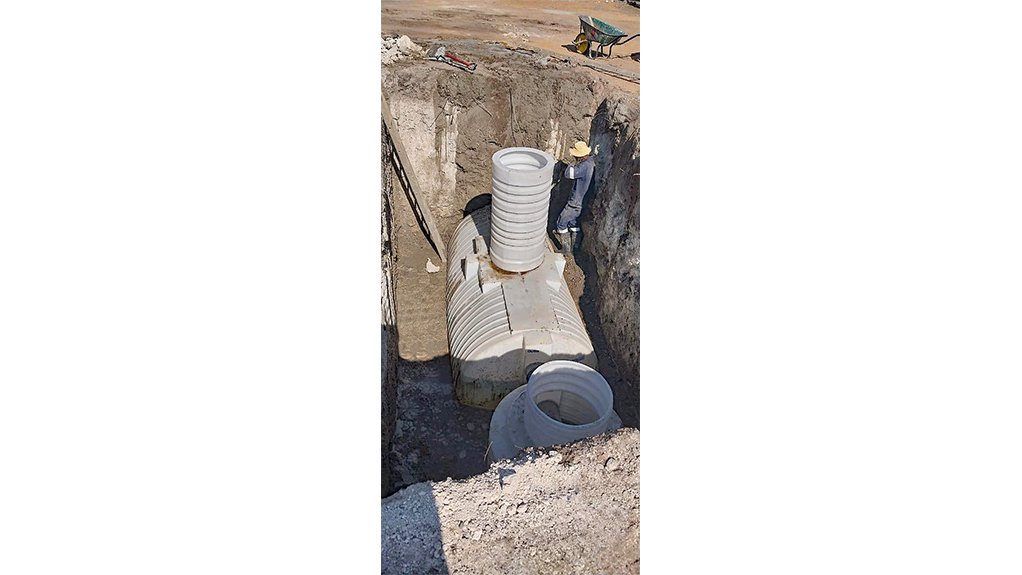
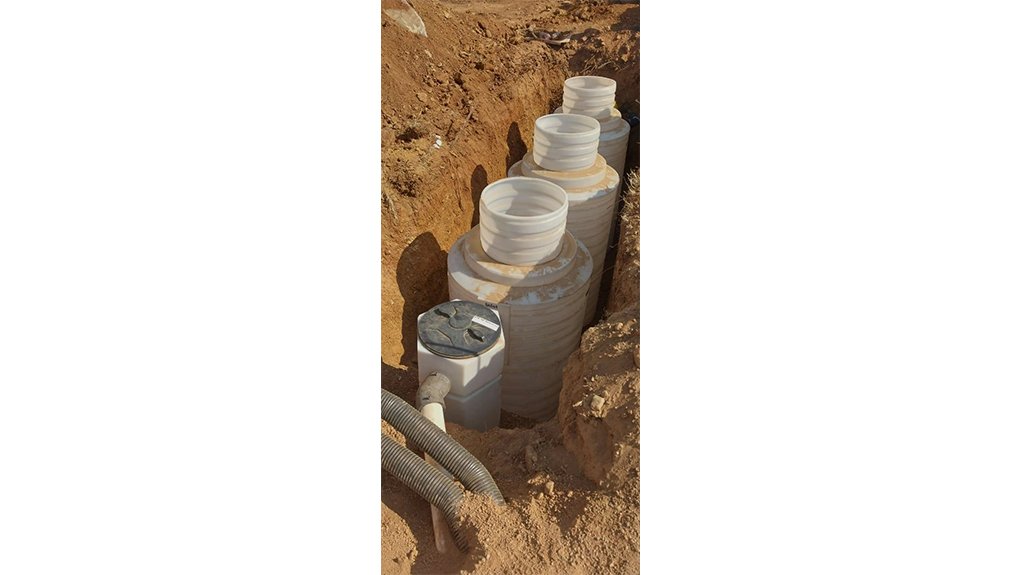
VIC HALL ColVic CEO Vic Hall emphasises the importance of consulting with a professional before selecting an oil-water separation system
OIL-WATER SEPARATOR One of the oil-water separators installed by ColVic
EFFICIENT OIL-WATER SEPARATION ColVic oil-water separation systems are highly efficient in separating oil and water up to various values
Oil-water separators are integral to preventing oil-contaminated water run-off from polluting the ecosystem. It is, however, important to ensure that the correct class of separator is installed in accordance with building regulations.
Leading supplier of gravity oil-water separators ColVic CEO Vic Hall says that wash bay wastewater run-off containing oil from vehicle and engine parts falls within the scope of the National Building Regulations.
“The regulations specify that these wash bays must be built in accordance with the drainage requirements of South Africa National Standard (SANS) 1400 Part P. This includes an oil-water separator that complies with SANS 50858 1 and 2, most often a gravity oil-water separator,” says Hall.
There are two classes of gravity separators, with Class 1 separators suitable for run-off containing oil residual values no higher than 10 mg/ℓ (10 parts per million) and Class 2 separators used for values of up to 120 mg/ℓ (120 parts per million).
“For the user, it is important to establish the specific function of the oil-water separator before selecting an appropriate size and model for the installation,” he adds.
Generally, separator systems are installed to treat wastewater (trade effluent) from industrial processes, vehicle washing, cleansing of oil covered parts or other sources, for example petrol station forecourts, to treat oil-contaminated rainwater (run-off), from impervious areas, such as car parks, roads, factory yard areas, and/or to retain any spillage of light liquid and to protect the surrounding area.
“Class 1 separators are typically used at wash bays where discharge is to the stormwater drain, provided the water does not contain detergents or soaps,” adds Hall.
Many soaps contain chemicals such as phenols, dyes, acids and ammonia that harm fish and degrade water quality. When a car is washed, the soap, dirt, grime, grease and oil washed off the vehicle can flow into nearby stormwater drains.
Soap and detergents are, however, only one part of the discharge problem. Even if water without soap or detergent is used, there is a mix of pollutants including oils, grease, heavy metals, particulate from vehicle exhaust emissions and brake linings and rust being washed down the drain.
For applications where detergents and waste from other processes, such as vehicle washing and cleaning of oil-covered parts, are involved, a Class 2 separator must be specified. In this instance, discharge must be to the sewer and not to stormwater drains.
“Selecting and specifying the correct oil-water separator for a specific application can be confusing because different regulations and technologies apply.
“The best option is to contact a reputable supplier for installation advice before going ahead,” he outlines.
Comments
Press Office
Announcements
What's On
Subscribe to improve your user experience...
Option 1 (equivalent of R125 a month):
Receive a weekly copy of Creamer Media's Engineering News & Mining Weekly magazine
(print copy for those in South Africa and e-magazine for those outside of South Africa)
Receive daily email newsletters
Access to full search results
Access archive of magazine back copies
Access to Projects in Progress
Access to ONE Research Report of your choice in PDF format
Option 2 (equivalent of R375 a month):
All benefits from Option 1
PLUS
Access to Creamer Media's Research Channel Africa for ALL Research Reports, in PDF format, on various industrial and mining sectors
including Electricity; Water; Energy Transition; Hydrogen; Roads, Rail and Ports; Coal; Gold; Platinum; Battery Metals; etc.
Already a subscriber?
Forgotten your password?
Receive weekly copy of Creamer Media's Engineering News & Mining Weekly magazine (print copy for those in South Africa and e-magazine for those outside of South Africa)
➕
Recieve daily email newsletters
➕
Access to full search results
➕
Access archive of magazine back copies
➕
Access to Projects in Progress
➕
Access to ONE Research Report of your choice in PDF format
RESEARCH CHANNEL AFRICA
R4500 (equivalent of R375 a month)
SUBSCRIBEAll benefits from Option 1
➕
Access to Creamer Media's Research Channel Africa for ALL Research Reports on various industrial and mining sectors, in PDF format, including on:
Electricity
➕
Water
➕
Energy Transition
➕
Hydrogen
➕
Roads, Rail and Ports
➕
Coal
➕
Gold
➕
Platinum
➕
Battery Metals
➕
etc.
Receive all benefits from Option 1 or Option 2 delivered to numerous people at your company
➕
Multiple User names and Passwords for simultaneous log-ins
➕
Intranet integration access to all in your organisation













